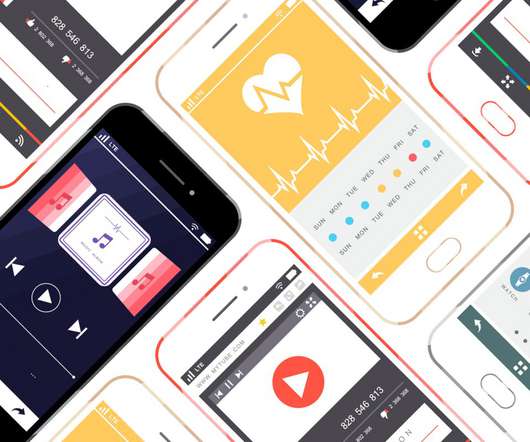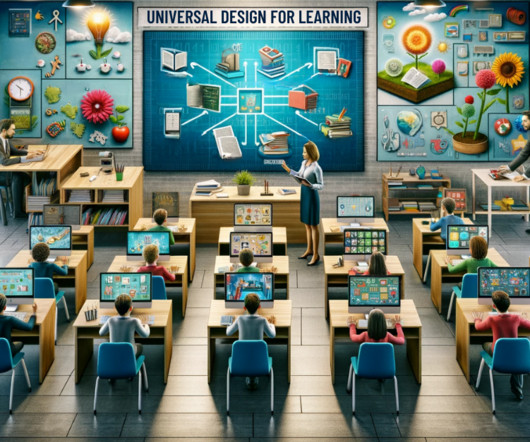Students Today Are Learning All The Time. Can Schools Keep Up?
Edsurge
JANUARY 28, 2020
Not so long ago, students did most of their learning at school, and maybe while doing homework or during trips to the museum. Now, learning—like the internet—is everywhere thanks to the ubiquity of smartphones and chromebooks. But that doesn’t mean learning stops when they leave school.” The parents told us that their No.






















Let's personalize your content